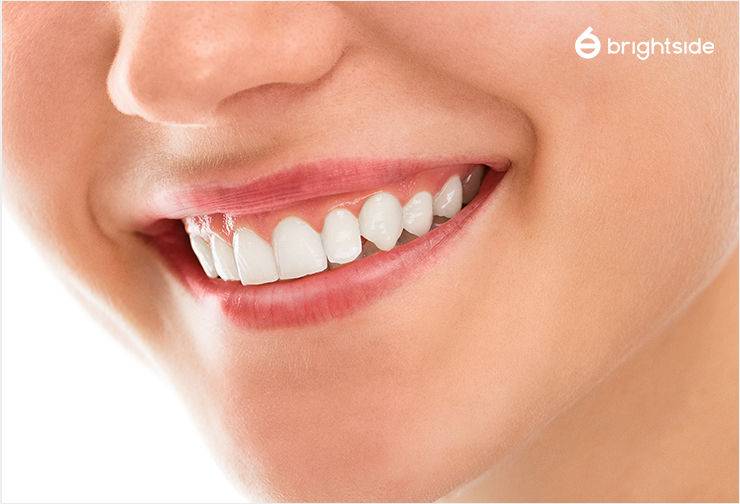Many people dream about having a sparkly white set of teeth, and would go on the search for teeth whitening products, such as toothpastes or teeth whitening kits to achieve cleaner teeth. Some of these methods can help to lighten teeth shades slightly, but not all of them are as effective.
If you’re thinking about whitening your teeth, consider teeth whitening treatments offered by dental clinics. They are conducted by professional dentists, and can help you to effectively achieve brighter smiles within a few sessions. In this article, we debunk some myths and clear up misconceptions about teeth whitening treatments to help you learn more about them.
Misconception 1: Whitening Your Teeth Damages Your Enamel
Tooth enamel is a covering that protects our dentin—the main supporting structure of our teeth below our enamel that’s responsible for our teeth’s colour—from substances. Bacteria exposure from certain foods containing sugar, starches, or acidic ingredients will threaten your enamel, but teeth whitening will not. During teeth whitening treatments, the dentist will apply a whitening gel containing a form of peroxide on the front surface of your teeth to lighten the stained tissues in the inner layer without hurting your enamel. In fact, professional dentists are well trained to handle teeth whitening without causing damage to your teeth or gums.
Misconception 2: Results of Teeth Whitening Are Permanent
Teeth whitening treatments are not 100% permanent because lifestyle habits can still stain the dentin and cause discolouration. However, with proper care, teeth whitening results can maintain for up to a few years, and your teeth may never return to their original colour. Some steps you can take to prevent staining your teeth include:

- Avoid smoking
- Avoid dark liquids like coffee, tea, and red wine
- Avoid staining foods such as beetroot
- Maintain good oral hygiene
- Rinse your mouth after consuming staining foods or dark liquids
Misconception 3: Teeth Whitening Causes Tooth Sensitivity
Teeth whitening may cause tooth sensitivity depending on the person. However, the sensitivity is temporary and will typically subside after a while as most whitening gels used in dental clinics should contain desensitisers. A desensitising agent will also be applied after the treatment to prevent sensitivity.
Misconception 4: Whitening Teeth Makes It Look Unnatural
Teeth whitening does not add unnatural white colours to your teeth, but removes the stains to reveal your original tooth colour or whiten it further. It is a progressive treatment, and the result of your whitening is up to you to decide. You can either whiten your teeth significantly, or choose to stop your treatment sessions when you feel that your teeth are looking good. Regardless of how many treatment sessions you go for, teeth whitening results will not look unnatural.
Misconception 5: Home Remedies Work As Well As Professional Teeth Whitening

Many dental teeth whitening kits sold over-the-counter are made without ingredients that can help to whiten teeth. Even if they do, the concentration of these ingredients is low. Home remedies may not be entirely safe too, as some of them may contain bleaching agents that can hurt your teeth or cause oral health problems.
To whiten your teeth, we recommend visiting a dental clinic to get them professionally whitened by trained physicians. Brightside Dental is the first dental clinic in Singapore that provides affordable, safe, and efficient teeth whitening treatments. Learn more about your options here.


